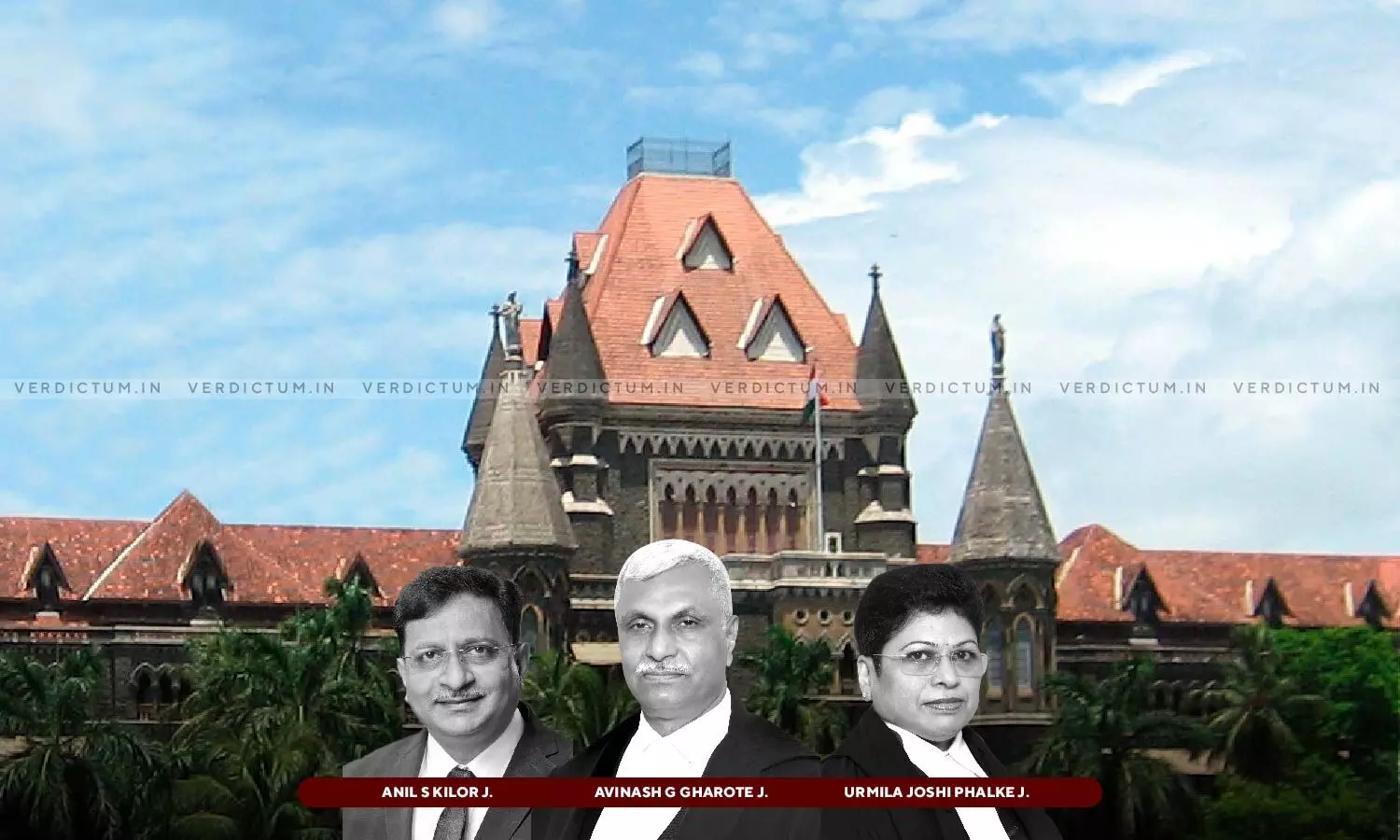
Is A State-Funded Public Trust Duty Bound To Supply Information Under RTI Act?: Bombay HC Answers
 |
|A Full Bench of the Bombay High Court has clarified whether a Public Trust registered under the provisions of Maharashtra Public Trusts Act 1950, which is running an institution that receives grants from the State, is duty-bound to supply information sought from it under provisions of the Right to Information Act, 2005.
The Bench of Justice Avinash G Gharote, Justice Anil S Kilor and Justice Urmila Joshi Phalke held that the RTI Act applies to public trusts, educational institutions, and cooperative societies only if they are established by the government or significantly funded or controlled by it. Simply receiving government assistance does not automatically subject an entity to the RTI Act.
Counsel RS Parsodkar appeared for the petitioner, while AGP MK Pathan, along with others, appeared for the respondents.
The issue revolved around conflicting interpretations of whether a Trust or Society operating an educational institution, which receives grants from the government, qualifies as a 'Public Authority' under the RTI Act. Some judgments argued that since the grants were received by the educational institution and not directly by the Trust or Society, information regarding the Trust or Society might not fall under the RTI Act. However, another line of judgments contended that because the Trust or Society owned and controlled the institution, which accessed government funds, information about the Trust or Society should be accessible under the RTI Act.
The petitioner's counsel argued that since the Trust was not the direct recipient of grants and the funds were part of a common policy for all aided institutions, the Trust itself did not meet the criteria of a 'Public Authority' under the RTI Act. Conversely, the respondent's counsel asserted that substantial funding from the State rendered the Trust a 'Public Authority' under the RTI Act, regardless of the direct recipient of the funds. It was also emphasised that the Trust's control over the educational institutions it operated was grounds for subjecting it to the RTI Act.
The High Court made the following observations:
1) If the information solicited under the RTI Act, is regarding the Public Trust, then there is no obligation to supply the information, if such Public Trust, does not fall within clause (i) of sec.2 (h) of the RTI Act and has not received any substantial Government largesse or land on concession, to implement the aims and objects of the said Public Trust.
2) In case the information solicited is in respect of the Educational or other Institutions run by the Public Trust, then depending on the extent of financial support given by the State, in case such finance, is found to be substantial, which is a plea to be decided by the Information Commissioner, information relating to such Educational or other Institutions can be directed to be supplied.
3) The Charity Commissioner, would also not be legally obliged to supply such information, which may be collected by him, in respect of the Public Trust, under the provisions of the Maharashtra Public Trusts Act, in case such information falls under the exempted category mentioned in Section 8(j) of the Act and the demand does not have statutory backing.
4) In case the information solicited does not fall in the exempted category under sec.8 of the RTI Act, then information as submitted to the Authorities under the provisions of the Maharashtra Public Act, under its various provisions by the Public Trust, can be supplied by the Authority who has the custody of such information.
Appearances:
Petitioner: Counsel RS Parsodkar
Respondent: Counsel Anmol B Patil, AGP K Pathan, Counsel SR Narnaware
Cause Title: People Welfare Society vs The State Information Commissioner & Ors.
Click here to read/download the Judgment